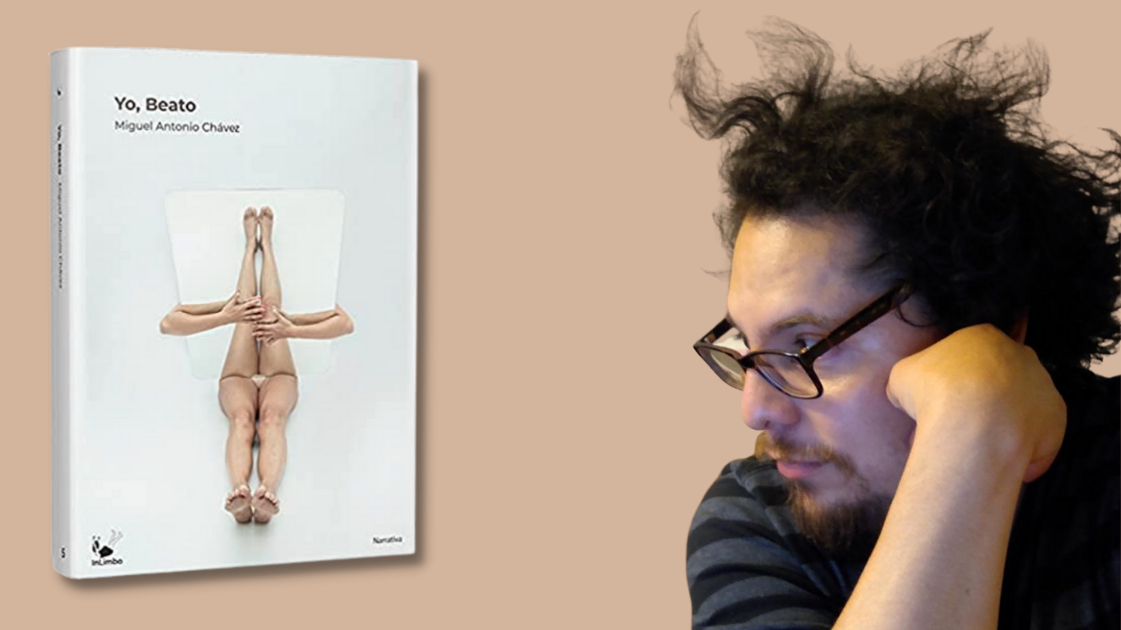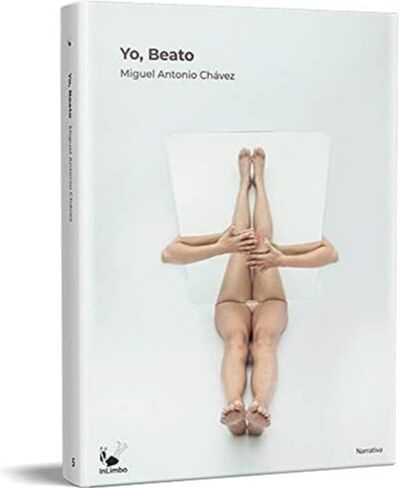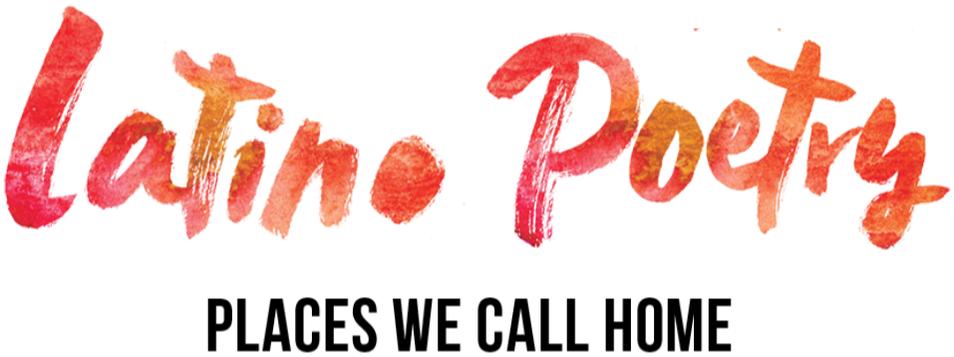Yo, Beato
Miguel Antonio Chávez
|
Ecuadorian author Miguel Antonio Chávez returns to the novel genre after La maniobra de Heimlich (2010) and Conejo ciego en Surinam (2013). Yo, Beato can be interpreted as a political satire disguised as a dystopia where humor acts as a hinge for a terrible situation that seems hopeless. The reader is faced with an unconventional narrative, but unlike the avant-garde—whose purpose was épater le bourgeois and the vanity of being the first ones to do something—Chávez’s prose is agile. Novels about Ibero-American dictators are a genre in themselves (Miguel Ángel Asturias, Vargas Llosa or Valle Inclán). Yo, Beato, goes beyond that. By setting the action in a future that so closely resembles our present, he achieves the ironic detachment necessary to turn current affairs into absurdity. The use of utopia offers a privileged place to observe the present society, ironically, located outside any geographical or temporal map, an island, or a future Ecuador. We call dystopia the dream of reason-producing monsters. As in Saramago's Ensayo sobre la lucidez, the starting point of the story is a political and social crisis in an almost theocratic State, a kind of postmodern Savonarola dominated by the cult of relics such as the Holy Foreskin. The situation of authoritarian control reaches, as in 1984, actions and thoughts. |
With García Márquez's initial reference to the tyrant Gabriel García Moreno, we are thrown into a society led by Moreno-Lange, as historians of the future with no need for further introduction. The author resorts to complicity. "Since I'm not a historian or a politician," he says, "I simply let myself be carried away by the impetus of fiction." The sarcasm begins with the mentions of Bolsonaro, Trump and Kim Jong-Un. Utopia would lose the sense of criticism if the reader could not appreciate the continuities, that which does not change when everything else does. The Ecuador that is described as an intolerant futurity must have very recognizable features of Ecuador in the present. And by extension, of the society that we experienced at the beginning of the Millennium.
Well-defined characters, such as Dr. Vela or Mother Brígida, accompany the mission of the supreme leader Graciano Moreno-Lange and offer points of view that are interspersed with the narration, with the persecution of the dissident Miratis Purislinga. The dogmatic disruption is developed between the references to gospels and websites. A story less fragmented than what it seems and with an amazing ability to take us by the hand through a crazy future that yet, is so close to ours. An irreverent, wild, funny book that can approach the most atrocious and stir itself in a smile.
Well-defined characters, such as Dr. Vela or Mother Brígida, accompany the mission of the supreme leader Graciano Moreno-Lange and offer points of view that are interspersed with the narration, with the persecution of the dissident Miratis Purislinga. The dogmatic disruption is developed between the references to gospels and websites. A story less fragmented than what it seems and with an amazing ability to take us by the hand through a crazy future that yet, is so close to ours. An irreverent, wild, funny book that can approach the most atrocious and stir itself in a smile.
Miguel Antonio Chavez is a writer, educator, and translator. He has published novels, short stories, and plays. Finalist of the Juan Rulfo Award (RFI), he was chosen as one of "The 25 best kept secrets in Latin America" (FIL Guadalajara). He translated into Spanish The Revolutionaries Try Again by Mauro Javier Cárdenas. MFA in Creative Writing (NYU), he is currently a PhD candidate in Hispanic Studies at the University of Western Ontario.
Yo, Beato (2021) was published by InLimbo Editores.
Yo, Beato (2021) was published by InLimbo Editores.
|
Comment Box is loading comments...
|
|









